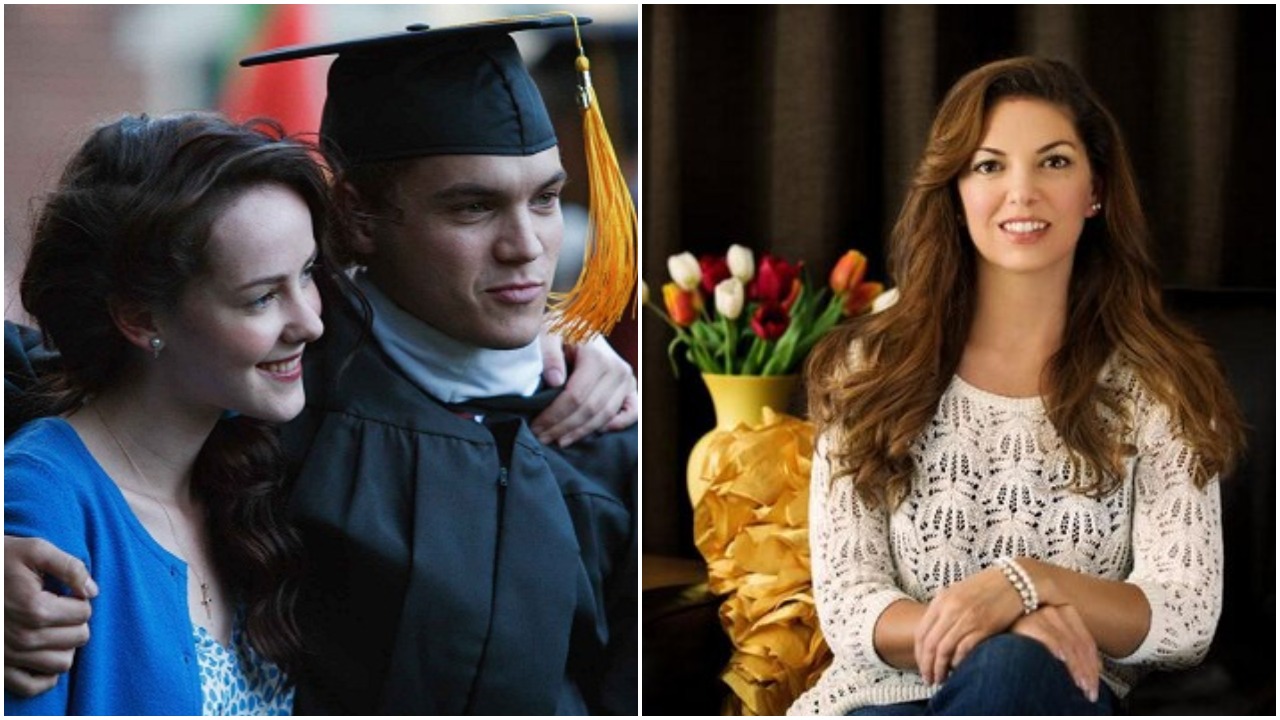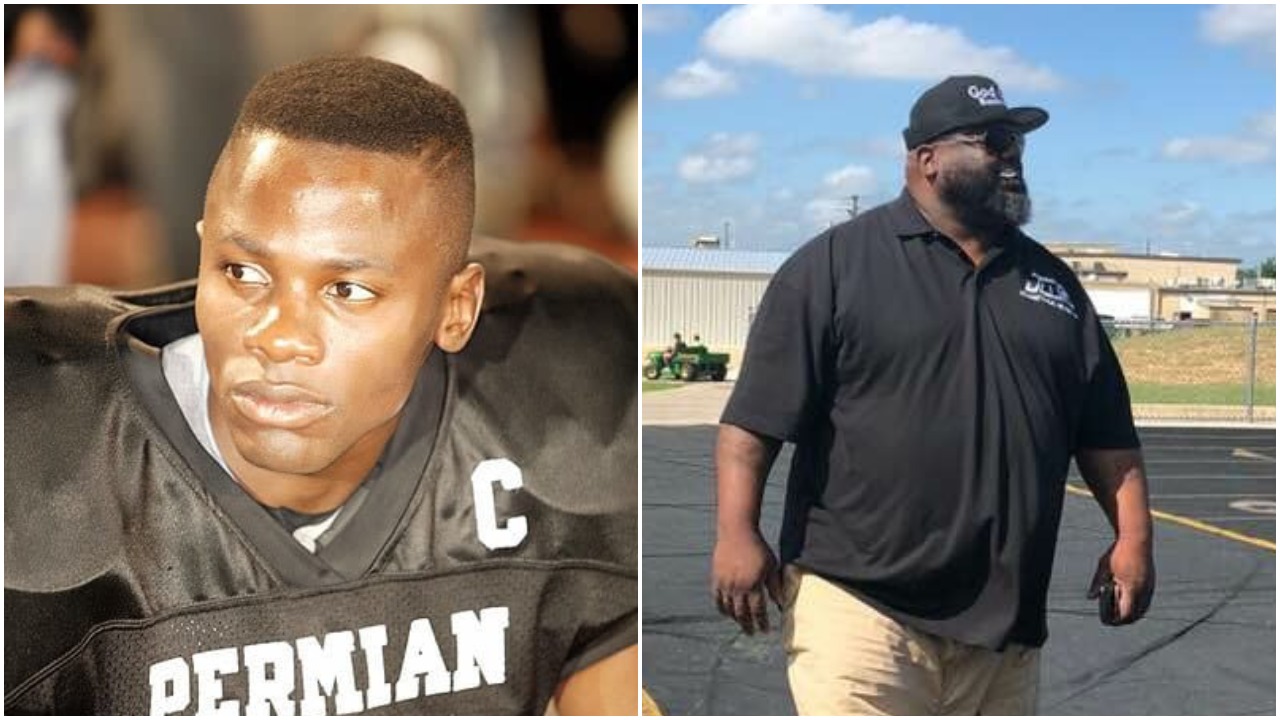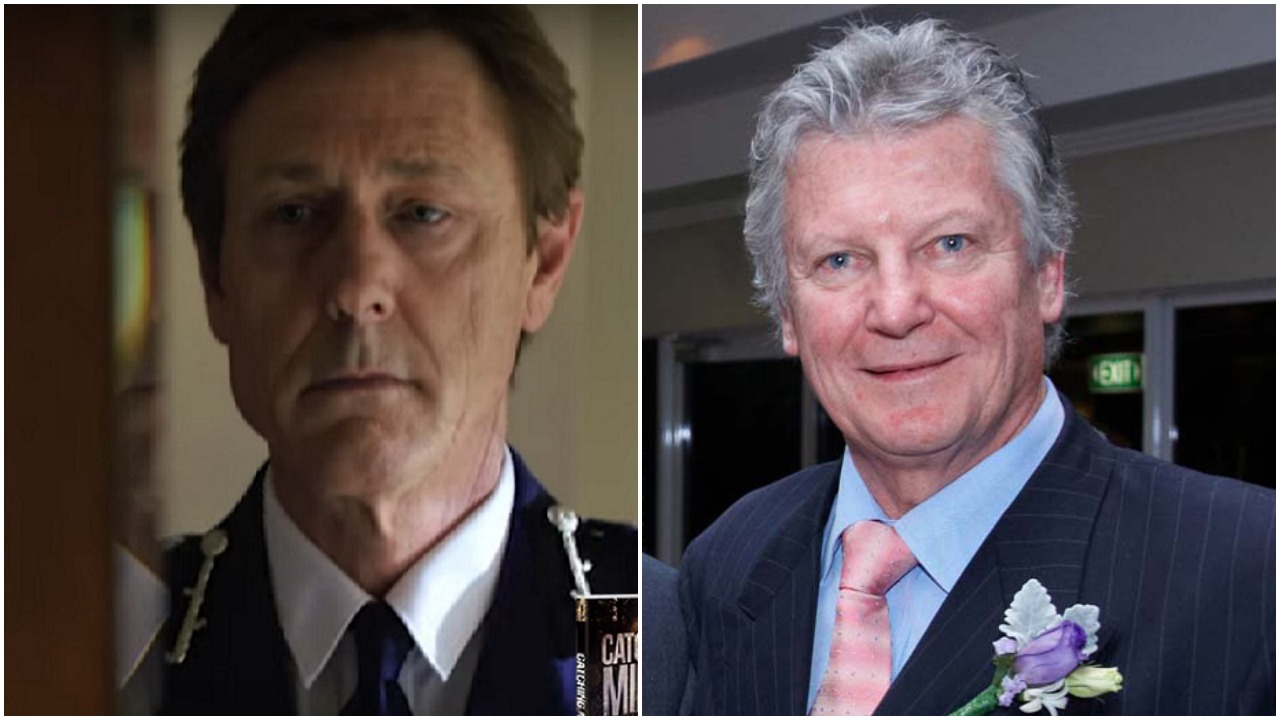People Explain What They Thought of the Movies Based on Their Lives
Credit to Author: Laura Woods| Date: Wed, 13 Feb 2019 15:39:02 +0000
Films seem more significant when they’re “based on a true story.” The journeys feels more shocking and the pay-offs more poignant. And then when the lights come up you’re more likely to do a Wikipedia search to see how it all actually went down, and whether everyone in real life looked like they did in the film. But it’s also easy to forget that the real-life subjects of these stories watch the films made about them… and potentially have very different reactions.
We were wondering what it would be like having your life distilled into a neat story arc, and whether it would be surreal watching someone else play you on screen. So we talked to a few people whose stories have been turned into films, and what they thought of the result.

Carine McCandless, sister of Christopher McCandless, whose ill-fated journey to Alaska was turned the 2007 film Into the Wild
Carine worked closely with director Sean Penn on the film adaption, but still later published a book titled The Wild Truth to set the record straight about the reasons behind her brother’s expedition, and their family dynamics.
VICE: Hey Carine, let’s start with how you were hired as a consultant on the film. Did that give you much control over how you and your family were portrayed?
Carine McCandless: Yeah so Sean Penn hired me for a consultant for the film because it was important to him that he got it right, and also respected the boundaries that I had as part of Chris’ family.
I spent a lot of time with Emilie Hirsch who played Chris. I spent a lot of time with Jena Malone who played me. Sean definitely cared. I’m proud of the film, I think it’s beautiful although there are a few parts of the film I wish were different. There were things that I felt Sean had to take some creative license with. They had a few beautiful scenes that just didn’t sit right with me and I would discuss it with Sean and where he felt it was fair, he would make adjustments. He did that because he cared about Chris. He cared more about how Chris was portrayed in his film than he cared about how many tickets he would sell, and I think that’s rare in that business.
What were some of those things that you wanted to change?
The main thing was at end of the movie, as Chris was dying in the bus, there was this vision that Sean created—and of course he was assuming what was going through Chris’ mind. It showed Chris running back into the arms of Walt and Billy, our parents, in a moment of reconciliation.
This visual is still there of him running back into their arms, but that used to be all that there was. It was just this visual with music and I took issue with that, with Sean, not because I wanted my parents to experience any pain, but because I wanted it to be fair to Chris. I didn’t think it was fair for it to seem like an apology from Chris, like he’d done something wrong. Chris tried very, very hard to maintain a relationship with them, and they just pushed him away. I talked to Sean about this, and to his credit, he could’ve done whatever he wanted… he didn’t have to change a thing, it was his movie. But William Hurt (who played Walt McCandless) was already done filming, and Sean really cared about how passionately I felt about this being wrong. He said to me “look, we can’t reshoot this, because Bill Hurt is already on another film.” He wasn’t sure what to do, but he called me back and was like, “Carine, what if while you see the visual of Chris running back, you hear the voiceover of Chris’ voice come over and say ‘what if I was smiling and running into your eyes, would you seen then, what I see now?'” See, now that changes the meaning completely? It’s like… what if this was happening.
It becomes a lesson to people. It’s a lesson about being honest, and accountable, and the loss you experience when you lose people. When Sean offered that, I was good with it.
I didn’t want my parents to be villainised in any way, because people don’t learn from villains, they learn from humans. I knew in my heart that Chris wouldn’t bring himself back to that place where he felt so much pain. I knew from reading his journals that he was just devastated to be losing his life because he loved life more than anyone I know.
You published The Wild Truth a few years after the release of Into The Wild , basically saying that the film didn’t show the whole truth. Why was this?
Sean was very meticulous about making sure that things in the film were honest. Even though I’ve come out saying that Into The Wild wasn’t the true story, but that wasn’t by any fault of Jon Krakauer (who wrote the original book) or Sean. It was on me… I was not ready for certain things to be shared, like the domestic violence that occurred within our family. I was just 21 at the time. So I decided to write the book because I felt like it was my responsibility to share the rest of the story.
What was it like having you and your families life depicted on screen?
Seeing myself portrayed in the film—it wasn’t surreal or anything to me because I didn’t pay much attention to it. The film wasn’t about me, it was about my brother. I can’t speak for Chris, but it was surreal for me to see someone portraying Chris.

James ‘Boobie’ Miles was a former high school football fullback in Odessa, Texas, before his career was derailed by a knee injury. His story was depicted in the 2004 film Friday Night Lights.
Hey James, how much involvement did you have in the production of Friday Night Lights?
We had absolutely no involvement really. The actors may have asked us a few questions… the actor that portrayed me, Derek Luke, asked me a few questions but we all had very little input in the movie at all.
How well do you think you were portrayed?
Derek did a pretty good job to be fair, he could say anything and it was me. I probably only spent like a week meeting with him and talking to him and from what little he did know about me, he did well. But the the way they put the movie together was all wrong though. They just didn’t tell the truth—they pretty much just Hollywood-ed it.
What was the furthest thing from the truth?
I mean, there’s a lot! I mean I never hit Chris’ helmet, I never called him “Waterbug,” I don’t know where on earth they got that from. Everything. Even like Brian Chavez didn’t play in the secondary, he played tight end. When I was with my uncle, he didn’t brag like that. We were real close though. The scene at the doctor’s office, that was completely out of line. I was pretty upset, but it definitely didn’t go that far.
Years later, if you could change anything about the film what would it be?
If I could change anything about the film, I would make it like the book. I would definitely go word for word with the book… because the book tells the truth, and a lot of people were upset.
Who, in particular?
A lot of the people from Odessa, the community. In the book, he really showed the rest of the world what the town was like—there was racism, it was country, it was all about football, it wasn’t about education at all. There were rough rednecks, black and whites, you know? The book was very accurate about Odessa. That’s why the residents were unhappy. They didn’t want the world to know how Odessa really was.
Why do you think they weren’t interested in involving you with the production process?
They’d been trying to make this movie for years. They tried it in 92, and it didn’t work. Then they tried again in 97 and 98. I just think they didn’t want Odessa to be looked at like a prejudiced, red-necked town, but to me, that’s what I felt like it was. When they say in Hollywood “based on a true story,” I guess it’s a true story, but they’re just going to be like well, this is how we’re going to do it. The producers basically just took a part of my life story, did whatever they wanted with it, and it was like to hell with you, you know?
Do you think it would have been better if you’d been more consulted?
Yeah if we had more involvement, I think it wouldn’t have been a better movie. To be honest a lot of people who were in the area at the time, I know when they saw the movie, they’d know it didn’t happen that way.
Do you feel like a depiction that was more accurate would be more entertaining than the Hollywood production?
I definitely think it would have been a more interesting film because the book won a Pulitzer Prize, so I think if it was closer it would of been an immaculate movie. I’m not trying to bad-mouth the movie, but it’s just not what we went through. It’s what Hollywood wanted.
What effect did the film have on your life?
It’s definitely had a positive effect. You know, with me now getting a chance to talk to kids, and being aware of what’s important—like education, and not just sports. Because there are a lot of times when people get in that situation, where they get hurt in sports then they just let everything go. I’ve been there and I thought if I couldn’t play football then I wanted to quit. That’s what I do now, I let kids know you have to have a Plan B. You can’t put all your eggs in one basket. You need to get that education.

Clive Smalls is a former detective and Assistant Commissioner of the NSW Police. He organised the task force responsible for catching Australian serial killer Ivan Milat, and was portrayed by Geoff Morell on the 2015 mini series Catching Milat.
You’ve been quoted in the media saying that Catching Milat dramatically misrepresented the hunt for Ivan Milat. What was the biggest problem you had with the series?
Even though it may had misrepresented details of my own character, which was personally frustrating, the bigger issue for me was that it dramatically overstated and misrepresented the role of a single person in the entire operation. (Detective Paul Gordon was falsely depicted as single handedly catching Ivan Milat) and it downplayed the role of an entire force. My biggest concern with talking to the media about the misrepresentation was trying to correct the accuracy of someone who has been displayed as a hero.
How much control did you have throughout the production process?
Well, the producers were simply not interested in talking to me at all. We may have had a brief discussion but it was basically them just deciding to take the story and do whatever they wanted.
Did you have any contact with the actor Geoff Morell to discuss how he was going to depict you?
No, none. I may have met him very briefly but I can’t really remember.
Has the misrepresentation affected your life at all?
Not particularly, but I think that was because the senior police and leading politicians knew the TV show wasn’t true. There were a number of things that were documented in the media which highlighted that the story wasn’t true, so because of that I didn’t feel too affected by it.
Follow Laura on Instagram
This article originally appeared on VICE AU.